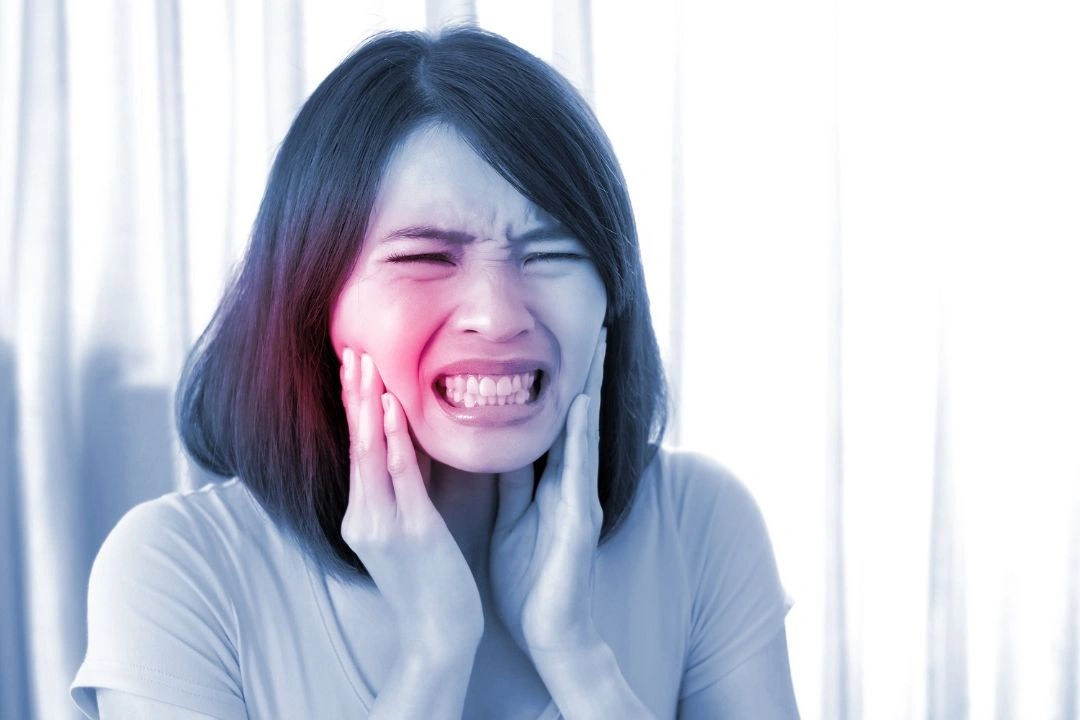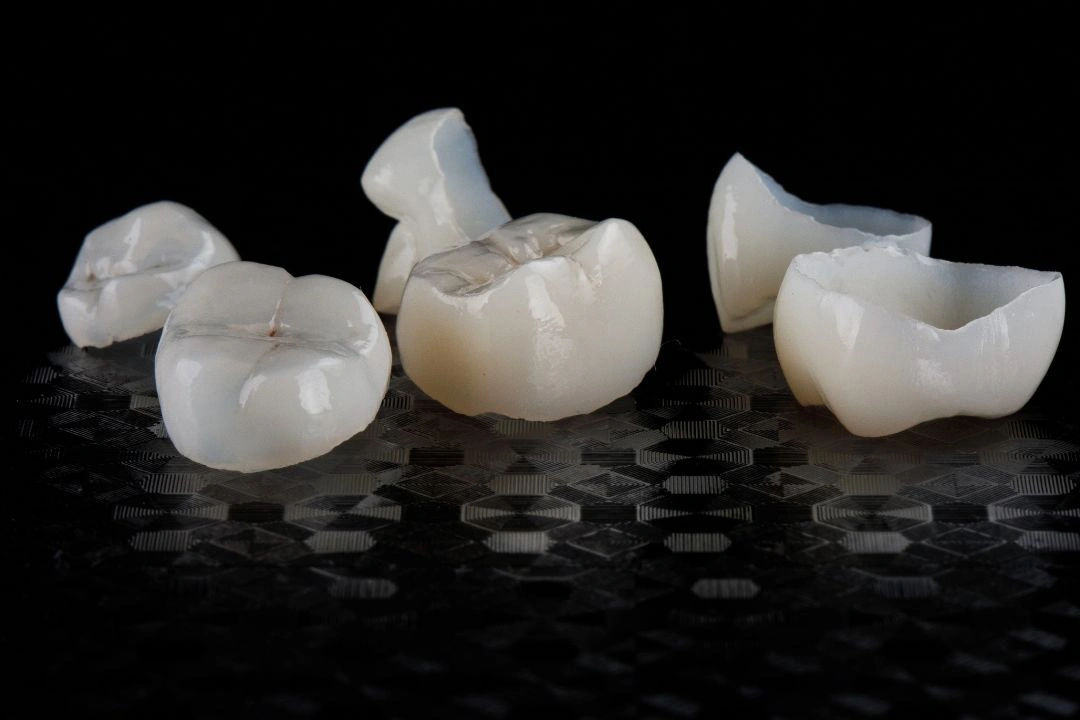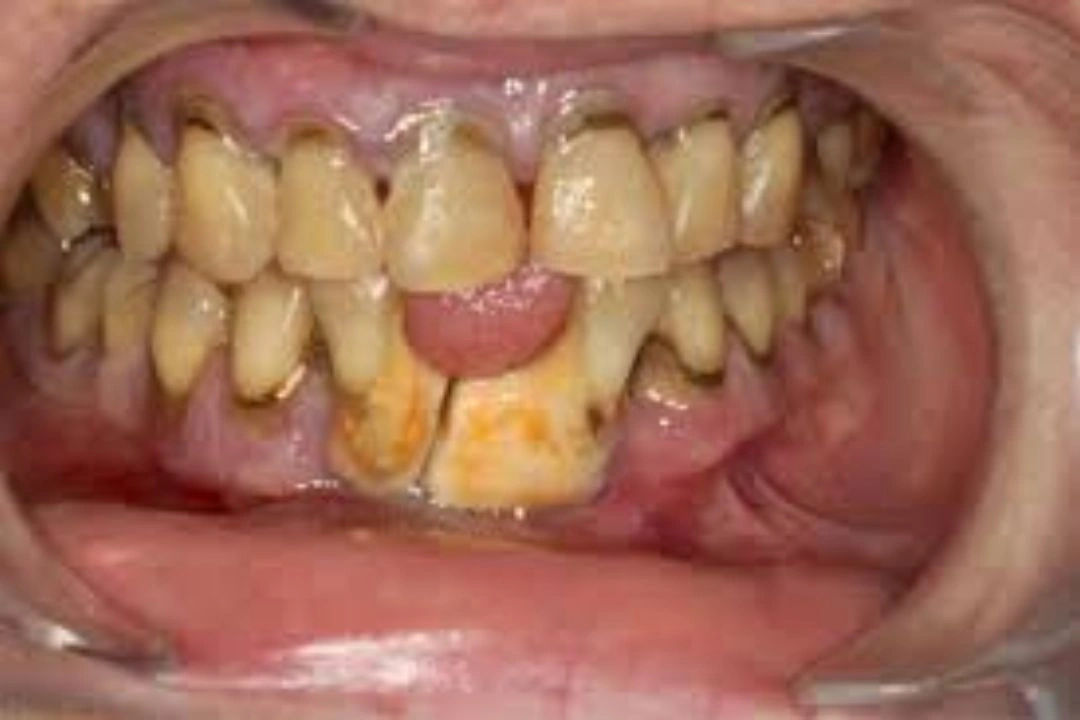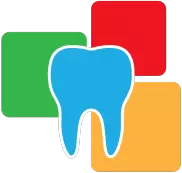Joints that connect the lower jawbone to the skull are called temporomandibular joints. These temporomandibular joints allow a person to do activities such as moving the jaw up and down, talking, chewing, yawning etc. Problems with the jaw and muscles in our face that controls the jaw are known as temporomandibular joint disorders aka TMD.
It is common in many people to experience temporary pain in joints, this doesn't mean that it is a serious condition, but the people who develop long term symptoms that occur frequently are more exposed to TMD.
If a person is facing headaches, earaches and discomfort while opening and closing the mouth and difficulty in performing jaw movements then it is probably a case of Temporomandibular Joint Disorder (TMD).
What causes Temporomandibular Joint Disorder?
Although the exact reason for TMD is not known, many experts believe Temporomandibular Joint Disorder's symptoms start with the muscle of the jaw. Injury to joints or jaws can result in TMD. Arthritis in the joint can be one major reason for TMD. Teeth grinding and clenching that puts massive pressure resulting in muscle soreness which can lead to TMD. Any damage to Soft cushion (articular disk) or disc movement between ball & socket of the joint can cause temporomandibular joint disorder as well.
Symptoms of Temporomandibular Joint Disorder
- • Pain in the front part of the ear and facial pain
- • Relentless pain around muscles surrounding neck and jaw
- • Trouble while opening and closing the mouth
- • clicking sound of the jaw or popping sounds in the ear and earaches
- • Trouble while chewing or a sudden uncomfortable bite
- • Disturbed lateral jaw movements
- • Deviation during mouth opening
- • Decreased mouth opening
- • Stuck/ lock jaw feeling
A common symptom noted by patient suffering from TMD is clicking/popping sound heard while mouth opening or closing. It becomes more prominent due to emotional stress and menopause. Jaw clicking can be caused due to various reasons such as arthritis, broken or dislocated jaw, malocclusion of the teeth, infection and tumour.
Arthritis (inflammation of joint) causes damage to the cartilage of TMJ, which makes jaw movements weak in the joint socket resulting in jaw clicking. Similarly, the tumour can interfere with jaw movements to cause TMD. To cure jaw popping which is at a severe level or if it causes the patient a lot of pain during normal jaw moments, our best dentists use treatments like corrective dental treatment including non-surgical and surgical approach depending upon the situation.
Temporomandibular joint dysfunction treatments are possible at AMD Dental Clinic using painless interceptive techniques!! Dr. Mili Gupta guarantees 60- 70% relief for your jaw joint problem non-surgically.
If the jaw pain is more concise than home remedies like eating soft foods, applying ice packs and doing soft muscle stretching exercises can help, but it is always advised by our experts to get the dental exams done at AMD Dental Clinic to stop long term damage.
However, in more complex cases where non-surgical treatments may not offer pain relief then only jaw clicking is treated surgically with surgeries like open-joint surgery to replace or repair the joint and disk.
Are you are bruxer?
Bruxism is when a person, unconsciously, clenches and grinds his/her teeth during the day or while sleeping at night. It is a very common condition, people above the age of 25 do it more often compared to kids and adolescents. Bruxism, if not treated right can lead to various conditions like tooth damage (tooth fracture, teeth wearing off leading to sensitivity), severe headaches, facial pain, and temporomandibular joint disorder.
The risk of bruxism can increase with anxiety and stress, excessive alcohol intake, use of antidepressants, smoking and tobacco chewing, ageing and genetics. Certain disorders like dementia, Parkinson's disease, night terrors can also lead to bruxism. Bruxism can be easily treated at AMD Dental Clinic with simple treatments like the use of nightguards or dental corrections. Bruxism, if it is not treated, it can worsen TMJ over time leading to TMD.
Our team of best dentists prescribe the best quality occlusal splints to protect teeth, tongue, gums and cheeks from bruxism and teeth grinding. AMD Dental Clinic provides multiple types of mouth guards according to the patient's needs. General types include stock mouth guards, custom made mouth guards, stabilising splints etc. The nightguard can help in various ways. It firstly prevents teeth damage by preventing clenching while sleeping. Mouth guard also relieves discomfort while sleeping to give a person healthy sleep patterns. Our best dentists at AMD Dental Clinic prescribes nightguards to patients to amp up their dental hygiene and to stop long term damage of bruxism and teeth grinding which helps a patient avoid major dental treatment to save money.
At AMD Dental Clinic, we treat temporomandibular joint disorders and dysfunction and address related issues like bruxism. Our comprehensive temporomandibular treatment plans ensure that all contributing factors are managed for optimal results.
So notice it now, ask you roommate to check you for any grinding noise at night. And be conscious about any clicking or popping sound from your joints!! If yes!! Visit the best dental clinic in Jaipur, AMD Dental Clinic now for total relief.
- A-3, Natraj Nagar near Imli Phatak, Jaipur-302015
- +91 9945826926
- contact@amddentalclinic.com

Protect Your Teeth from Sensitivity – Expert Tips Inside!
Say goodbye to tooth sensitivity with expert tips! Learn how to protect your teeth, reduce discomfort, and enjoy a pain-free smile with effective remedies. Read now!

Shine Like a Star! Best Dental Crowns for a Flawless Smile
Get a flawless smile with the best dental crowns at AMD Dental Clinic! Restore damaged teeth with durable, natural-looking crowns. Book your consultation today for a radiant smile!

Pyorrhea Treatment: Can You Reverse Gum Disease Naturally?
Discover effective Pyorrhea treatment options and learn how to reverse gum disease naturally. Explore home remedies, professional treatments, and prevention tips for healthier gums.
FAQs
What is the temporomandibular joint (TMJ)
The temporomandibular joint (TMJ) refers to the two joints that connect your lower jaw to your skull. These joints enable various functions like chewing, speaking, and yawning. TMJ disorders (TMDs) are a group of conditions affecting the TMJ, jaw muscles, and nerves, causing pain and dysfunction.
What are the symptoms of TMJ disorders
TMJ disorders can manifest through various symptoms, including: * Pain in the jaw joint or surrounding muscles * Difficulty or pain when chewing, opening your mouth wide, or yawning * Clicking or popping sounds in the jaw joint * Facial pain or headaches * Earaches or tinnitus (ringing in the ears) * Locking or limited jaw movement
What causes TMJ disorders?
The exact cause of TMJ disorders is often unclear, but several factors can contribute, including: * Teeth grinding or clenching (bruxism) * Misalignment of the bite * Injury to the jaw or TMJ * Arthritis or inflammation in the joint * Stress or anxiety
How are TMJ disorders diagnosed?
Diagnosis of TMJ disorders typically involves a comprehensive evaluation, including: * Detailed discussion of your symptoms and medical history * Physical examination of your jaw joint and muscles * X-rays, MRI scans, or other imaging tests in some cases. If you've had tooth fillings or dental cosmetics, discussing TMJ health can help maintain optimal dental wellness.
How are TMJ disorders treated?
Treatment for TMJ disorders focuses on pain management, improving jaw function, and preventing further complications. Our dentists may recommend various approaches, including: * Self-care measures like relaxation techniques, applying moist heat, and avoiding triggers such as teeth grinding * Pain medication or muscle relaxants * Oral appliance therapy to wear at night to reduce clenching and improve jaw alignment * Physical therapy to improve jaw mobility and reduce muscle tension * In severe cases, surgery may be considered.
For those considering dental cosmetics or needing gum treatment, managing TMJ issues can be integral to comprehensive dental care. We can work with you to ensure that any treatments complement your overall oral health goals.
